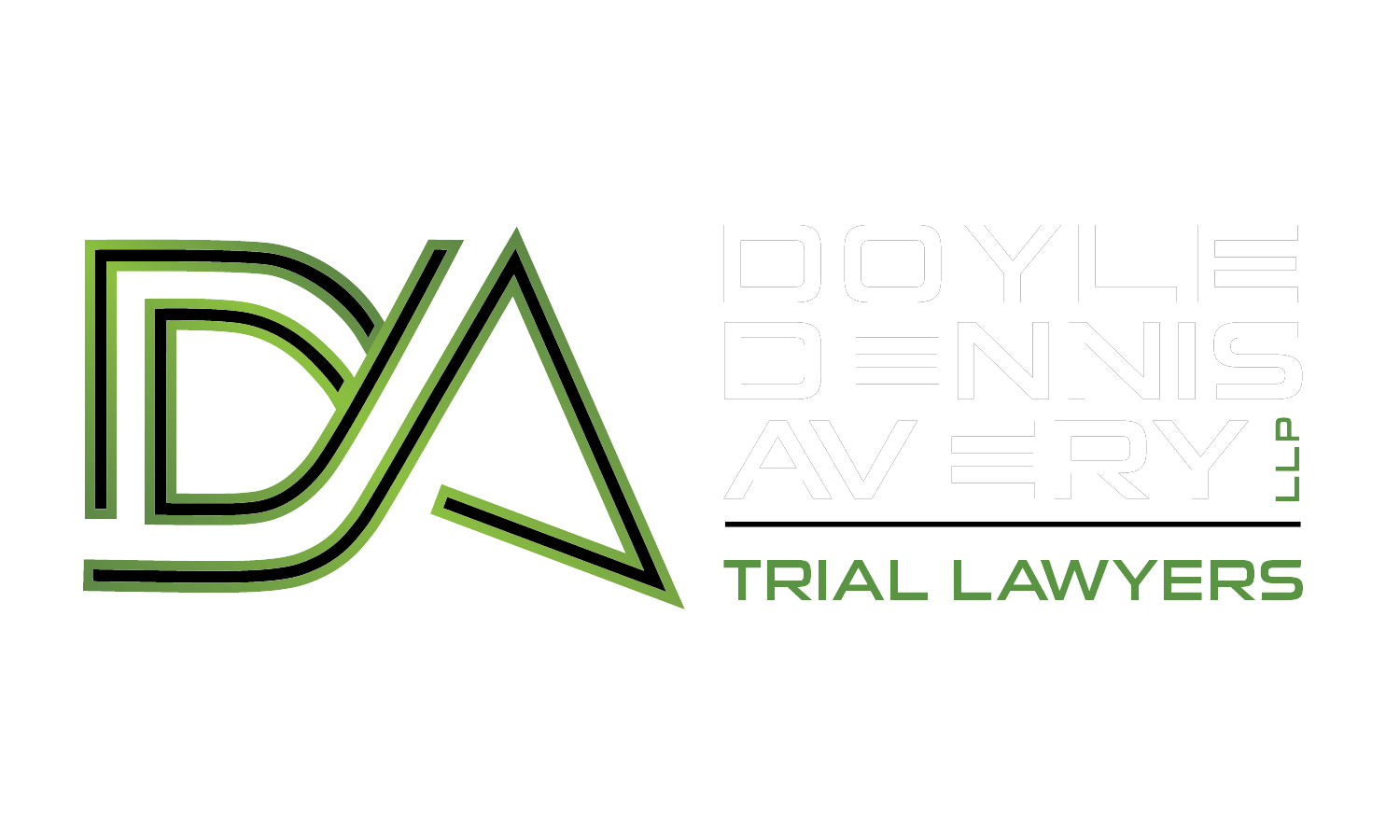Banking Financial Institution whistleblowers
What is the CFPA?
The Consumer Financial Protection Act, 12 U.S.C. 5567, provides important whistleblower protection relating to reports of unlawful or unethical acts by a bank or financial institution.
Who is protected?
Under the CFPA, a person or entity that engaged in offering or providing a consumer financial product or service may not retaliate against any covered employee or authorized representative. The statute also prohibits retaliation by a service provider – meaning “a person that provides a material service to a covered person in connection with the covered person’s offering or provision of a consumer financial product or service.” The statute defines an employee as any individual performing tasks related to the offering or provision of a consumer financial product or service.
Generally, employees that work on the following, are typically covered by the CFPA: “residential mortgage origination; lending, brokerage and servicing, and related products and services such as mortgage loan modification and foreclosure relief; student loans; payday loans; and other financial services such as debt collection, credit reporting, credit cards and related activities, money transmitting, check cashing and related activities, prepaid cards, and debt relief services.”
What type of reports are protected?
The CFPA protects employees who have reported any of the following:
- Providing, causing to be provided, or being about to provide or causing to be provided to the employer, the CFPB, or any other state, local, or federal government authority or law enforcement agency information relating to any violation or any conduct that the employee reasonably believes is a violation of any provision of law (including the CFPA) that is subject to the jurisdiction of the CFPB, or any rule, order, standard, or prohibition prescribed by the CFPB;
- Testifying or will be testifying in a proceeding concerning such violation;
- Filing, instituting, or causing to be filed or instituted, any proceeding under any Federal consumer financial law; or
- Objecting to, or refusing to participate in, any activity, policy, practice, or assigned task that the employee reasonably believes violates any law, rule, order, standard, or prohibition subject to the jurisdiction of or enforceable by the CFPB.
An employee may report these violations, whether verbally or in writing, to their employer, federal or other authority, or the CFPB. The Department of Labor has broken down protected complaints into three categories:
- Protecting Against Unfair, Deceptive, or Abusive Practices Against Consumers;
- Protecting Consumer Credit, Lending, Leasing, Borrowing, and Savings;
- Protecting Consumer Credit, Lending, Leasing, Borrowing, and Savings;
- Protecting the Privacy of Consumer Financial Information; and
- Protecting Consumer Electronic Fund Transfers.
What is Retaliation?
Under the CFBA, an employer may not discharge, demote, suspend, reprimand, or terminate a worker because of any protected activity listed above. Generally, Courts have defined adverse action as any firing, termination, suspension, demotion, and other similar negative acts.
What is the deadline to file a complaint?
A retaliation claim under the CFBA must be filed with OSHA within 180 days of the adverse action.
How can I prove retaliation?
To prove a claim under the CFBA, a worker must show that they engaged in a protected act under listed above, the employer subjected them to an adverse action, that the employer knew about the protected act, and that the act was a contributing factor in the adverse action. The CFBA, like many other federal statutes, applies the contributing factor standard for causation. Thus, the employee only needs to show that the protected act was a factor which, alone or with other factors, in any way affects the outcome of a decision.
How do I file a claim or lawsuit?
Under the CFBA, an employee must file a claim with OSHA. OSHA will then begin an investigation, and, issue findings regarding the claim. Any party may then request a hearing with an Administrative Law Judge to review the decision. This process includes discovery and testimony before the ALJ. Once the ALJ makes a decision, the employer, employee, or OSHA may appeal to the Secretary of Labor. The employee may file a lawsuit in federal court if either the Secretary has not ruled on the appeal after 210 days from the filing of the complaint or within 90 days after receiving OSHA’s findings
What Damages are available?
An employee may recover compensatory damages, including lost wages, mental anguish, punitive damages, and attorneys’ fees.
Copyright © 2025 Doyle Dennis Avery LLP Trial Lawyers. All rights reserved. Powered By Blue Beam LLC
The information on this website is intended for general informational purposes only and is not legal advice for any individual case or situation. Viewing or receipt of content on this website does not create an attorney-client relationship between the user and Doyle Dennis Avery LLP.
The cases, verdicts and settlements displayed on this site are solely for illustrative purposes and should not be considered a guarantee or prediction of the outcome of any other claims or cases. Each case is unique, and past outcomes are not indicative of future results.
We recommend that users consult with an attorney for legal advice on any questions or concerns they may have. Users rely on the information on this website at their own risk.
